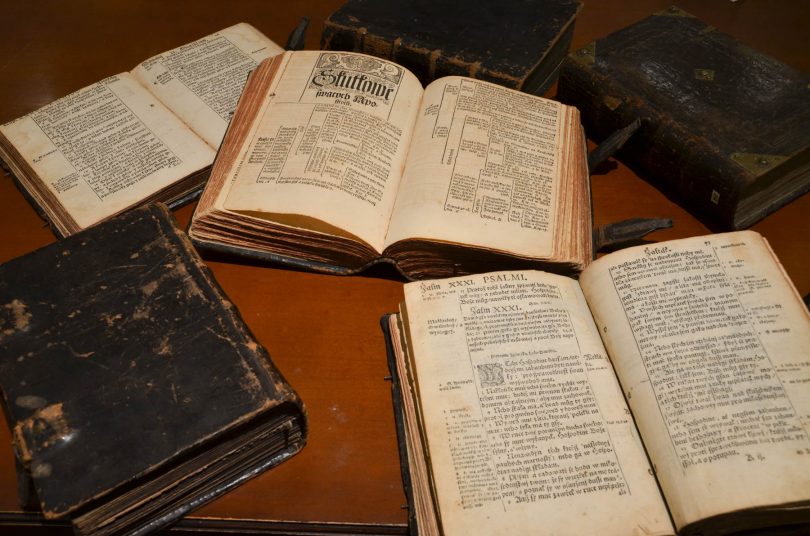Sixth Sunday after the Epiphany
The Sermon of the Plain found in chapter 5 of Luke is an expression of economic and social needs of the people that gathered around Jesus. Luke tells us they came from all over to see, hear and touch Jesus. The cast-offs of society, they came for healing of illnesses and unclean spirits. Jesus was always aware of Pharisees and Sadducees standing by waiting for him to “make a mistake” that they could question him about. The beatitudes found here are followed by woes—the good things that will happen and the bad things that show the other side of the coin.
It is hard for me to read this passage. I am a white woman, well educated, well cared for, and secure. For me, I worry about the woes in this passage. When I think of this, compared to “I came that they may have life and have it abundantly,” I admit to being a little confused. This idea of the have-nots receiving all and the haves receiving nothing is a recurring theme in the Bible. Look back to the first chapter of Luke and reread the Magnificat. Another place to look is Hannah’s Song in 1 Samuel 1, where the hungry will be fed good things, and the rich will be sent away hungry. Jesus speaks of economic and social justice to the people on the margins of Judean society.
I understand this passage as noblesse oblige: from those who have much, much is expected. There are still people on the margins, the poor who will always be with us (John 12:8). To walk the walk of Jesus is to reach out into the margins with love, food, clothing, housing, medicine, care, love, education, understanding, and love—above all things love. Give as much as you can as often as you can.
Martha Griffis, elder, Central Moravian Church
Bethlehem, Pennsylvania

